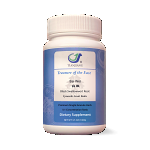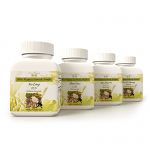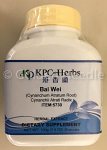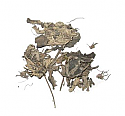Bai Wei
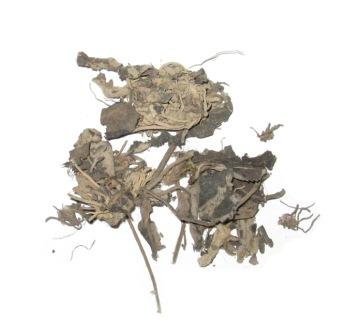
Bai Wei
| SKU | AN125 | |
| Brand | Asia Naturals Raw Herbs | |
| Unit Size | 1 pound | |
| Dosage | 3 - 12 gms | |
| Taste | bitter, salty | |
| Properties | cold | |
| Contraindications | This herb has relatively strong cardiotonic properties, and an overdose (30 - 45 g) can provoke toxic reactions. Symptoms include palpitatiions, nausea, vomiting, dizziness, headache, diarrhea, and salivation. - Bensky | |
| Chinese Symptomology | Yin-deficient fever;Persistent summertime fever in children;postpartum fever;Lingering fever as the sequela of a warm-heat pathogen disease that injures the blood or yin; Hot or painful bloody urinary dribbling, especially before or after giving birth;Toxic sores, swollen and painful throat, and snakebite. | |
| Western Symptomology | Fever; Postpartum Fever; Painful Urination; Dribbling Urine; Sores (external application); snakebite (external application) | |
| Actions | Cools the blood and reduces heat from deficiency without injuring the yin fluids or blood, vents pathogens, facilitates urination. | |
| Pattern | Heat from deficiency;Toxic sores | |
| Channels Entered | Lung, Stomach, Kidney | |
| Branch | Lung; Stomach; Kidney | |
| Recommendations | Product will ship FedEx Ground, even if Expedited is selected. Call for expedited shipping rates. |
|
| Chinese name | Bai Wei | |
| English name | Cynanchi root, Swallowwort Root | |
| Description | Cynanchi atrati Radix (bai wei) enters the Lung, Stomach, and Kidney channels. It is bitter, but not drying, so it directs downward; it is salty, and can thus enter the blood, and also cold, enabling it to clear heat. These actions are performed without injuring the yin or blood. And because blood-level heat is cleared, the yin and blood are protected by this herb, which is equivalent to replenishing these substances. It cools both the heat of yin deficiency as well as that due to pathogenic excess, venting the pathogenic influence toward the surface where it is released. This is useful in such cases as prolonged low-grade fever due to a residual pathogenic influence in the later stages of a febrile disorder: heat in the blood is cooled directly and also by venting. This herb cools the Lungs and facilitates the passage of urine, enabling it to treat painful urinary dribbling in which the urine is scanty and burning. Its functions in treating urinary disorders and sores are of secondary importance, however. Heat from deficiency following childbirth, painful urinary dribbling with blood in the urine, early periods due to heat in the blood - all these conditions are appropriately treated with this herb. It also can be used for cough due to Lung heat, especially if associated with a low-grade fever. -- Bensky: Chinese Herbal Medicine Materia Medica, 3rd ed.* |
|




